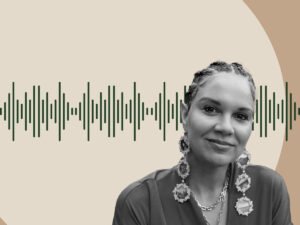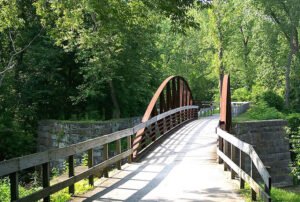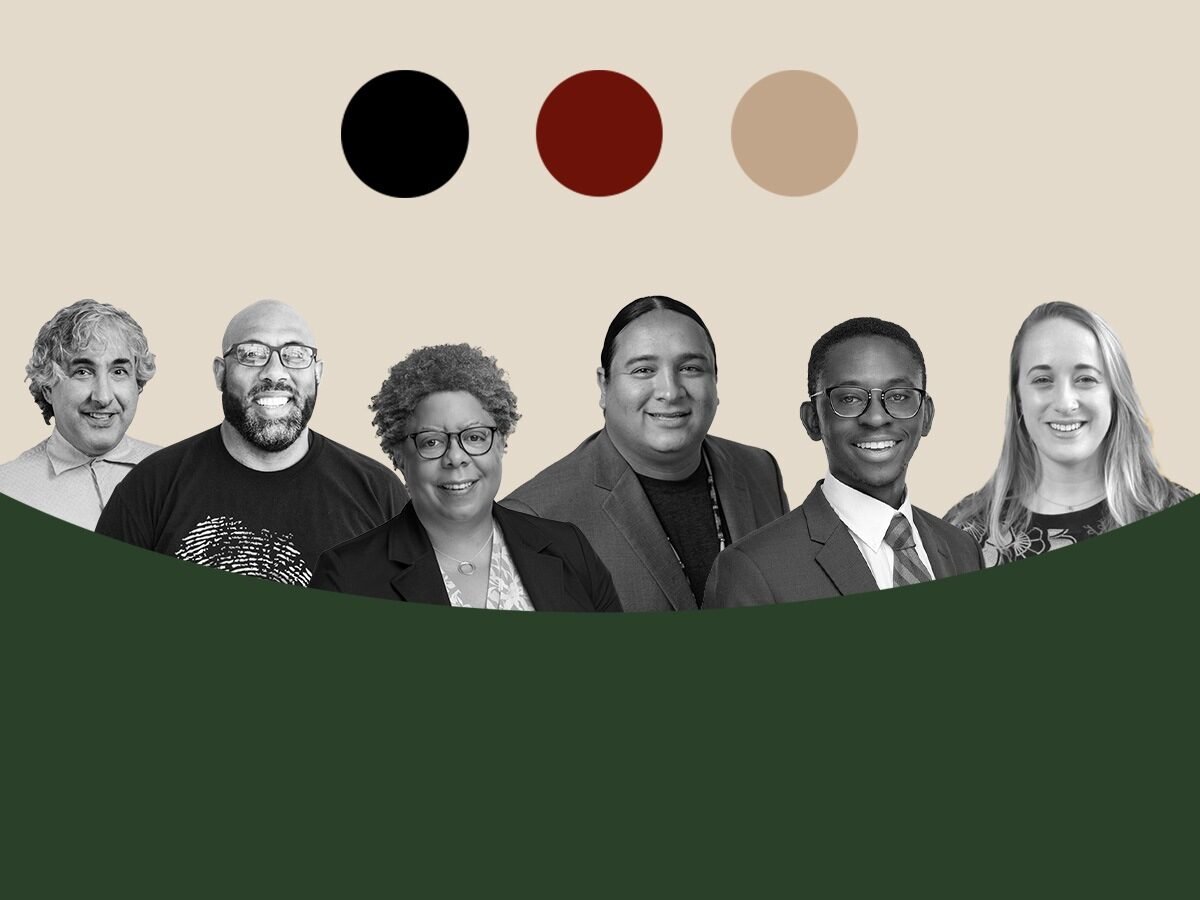Remaking the Economy: Building a More Democratic Economy
Nonprofits are often formed to address problems that have deep economic roots. If the economic and social structure as a whole is decaying, the problems being addressed by nonprofits filling this gap may only worsen. But there are ways to affect the economy, on local and national levels—ways to stop what may appear to be inexorable trends towards greater inequality. To help you explore the practical range of options your organizations can consider, NPQ has created a series on building a more democratic economy. Please take a look through this in depth series of 90-minute webinars below as we probe the different facets of this question with experts whose knowledge is grounded in the field.
1. Remaking the Economy: A Guide to Nonprofit Roles and Tools
- What core principles can guide efforts to build a more democratic economy
- What role nonprofits can play in addressing income and wealth inequality
- How nonprofits can actively work to decolonize wealth by addressing intersecting forms of hierarchy and inequality
- What it means to take an “ecosystem approach” to building alternative structures and institutions
- What points of leverage can enable nonprofits and movement leaders to change systems and foster viable alternatives
2. Remaking the Economy: Who Will Own the Land?
- What are core principles that can guide nonprofits in their approaches to the ownership and stewardship of land?
- How do key tools that promote democratic ownership of land, such as community land trusts and land cooperatives, work?
- What is required to decolonize wealth and ownership of the land?
- What are points of leverage available to nonprofits and movement leaders?
- What is the ecosystem that helps nonprofit land strategies to succeed?
- What shifts in thinking, practice, and culture are required?
3. Remaking the Economy: Who Will Profit?
- What core principles can guide efforts to build a more democratic economy
- What role nonprofits can play in addressing income and wealth inequality
- How nonprofits can actively work to decolonize wealth by addressing intersecting forms of hierarchy and inequality
- What it means to take an “ecosystem approach” to building alternative structures and institutions
- What points of leverage can enable nonprofits and movement leaders to change systems and foster viable alternatives
4. Remaking the Economy: Who Controls the Capital?
Sign up for our free newsletters
Subscribe to NPQ's newsletters to have our top stories delivered directly to your inbox.
By signing up, you agree to our privacy policy and terms of use, and to receive messages from NPQ and our partners.
- Core principles that can guide nonprofits in community finance
- Challenges in operating community-based credits
- How to leverage community capital to decolonize wealth and distribute ownership of business assets more broadly
- Points of leverage available to nonprofits and movement to control capital
- Ecosystem supports that can help community financial strategies succeed?
- Shifts in thinking, practice, and culture that can make control of capital allocation more democratic
5. Remaking the Economy: Leveraging Nonprofit Anchors
- What is an anchor institution, anyway?
- What are the challenges in getting nonprofit anchors to change their business practices?
- How can nonprofit hospitals and universities use their wealth to support local business in low-income communities and communities of color?
- What are points of leverage available to movement leaders?
- What is the ecosystem that helps sustain positive shifts in anchor practices?
- What shifts in thinking, practice, and culture need to occur?
6. Remaking the Economy: The Critical Role of Advocacy
- How much can policy change matter in developing a more equitable economy?
- What are the challenges in getting policy change to support community ownership?
- What are some successful examples of policy innovation at the local level that you might be able to advocate for and implement in your own community?
- What are points of leverage available to movement leaders? What policy levers are most important to activate?
- What is the ecosystem that helps make policy change possible?
- What shifts in thinking, practice, and culture need to occur?
7. Remaking the Economic System in Puerto Rico: A Case Study
- How Puerto Rico arrived at its current structural crisis and what part colonialism played in that
- How community-based alternatives offer a new direction
- How the energy sector can be restructured for sustainability
- What points of leverage (including for policy change) are available to movement leaders?
- What are the necessary shifts in thinking, practice, and culture?
- What might a “just recovery” look like?
- What lessons does Puerto Rico’s experience have to teach us all?













